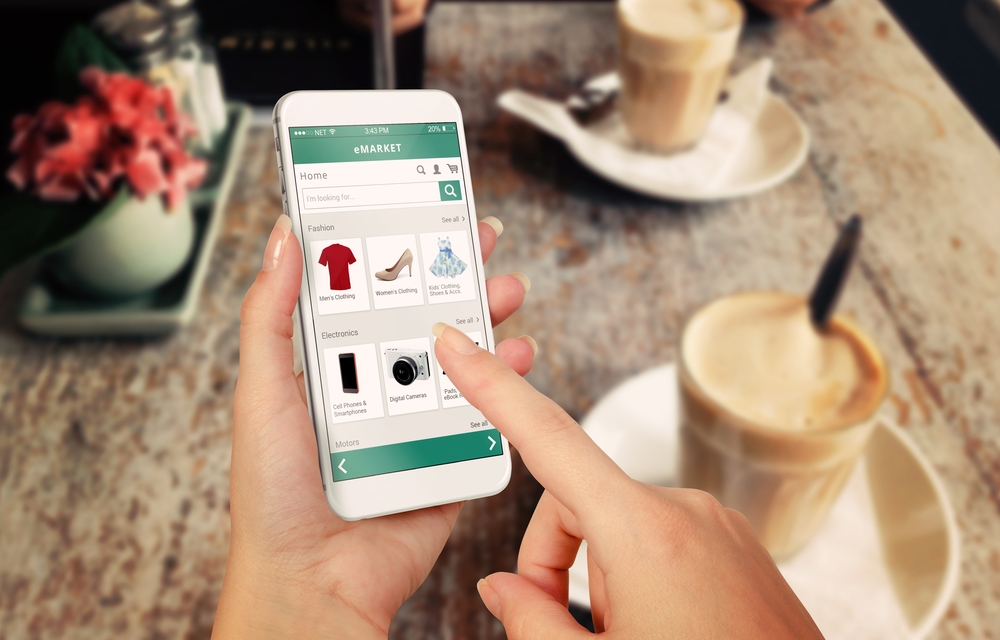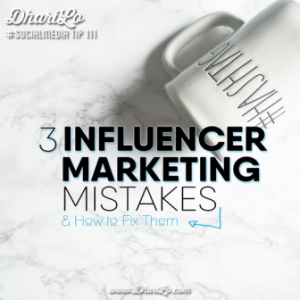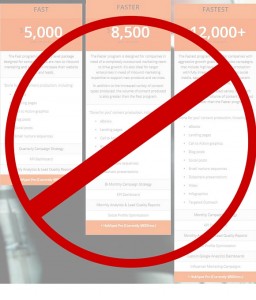
“Personalized shopping” has long been the guiding light for retailers. But in the age of Amazon (NASDAQ: AMZN), traditional stores have been searching for the best way to digitize what was once a person-to-person process.
“Internet shopping is now across mobile and Web, and now, the is, ‘How do we create great experiences for everyone?’” says Drew Giovannoli, product marketing manager at Bazaarvoice, an Austin, TX-based maker of e-commerce software.
Personalized service once meant a salesperson remembered customers’ favorite colors or would call to let them know about upcoming sales. But dialing shoppers one at a time is somewhat inefficient compared to today’s technology tools, which help some retailers provide that kind of service on a much larger scale, Giovannoli says. “The goal is to scale to everyone, connecting them with exactly what they’re looking for,” he adds.
Recently, Seattle-based retailer Nordstrom announced it had purchased two startups that focus on customer experience. BevyUp makes a tool that can be used by salespeople so they can offer style advice to customers, in effect recreating online the sorts of offline conversations customers might have with store employees.
The second acquisition, MessageYes, will enable Nordstrom to send customers personalized text messages aimed at getting them to make purchases with just a few taps on their smartphones. “Personalized shopping has long been our focus, and it’s something that’s been core to Nordstrom since they were founded back in 1901,” Dave Cotter, founder and CEO of MessageYes, said in a press release. “Nordstrom has succeeded in building emotional relationships with their customers—creating connections that go well beyond a transaction.”
Other retailers are also acquiring innovative technologies. For example, retail giant Walmart (NYSE: WMT) has been an active buyer of startup technologies it sees as key to its future growth. The Arkansas-based retailer has spent billions to boost its e-commerce business—buying Jet.com, Bonobos, ModCloth, and Parcel—while also building up research-and-development efforts through its Store No 8 skunkworks.
“We’re very focused on future of retail, five to 10 years in the future,” says Anna Harman, a director of Store No 8 in New York. “We’re focused on what’s the future version of [Walmart.] What will consumers expect from us?”
Bazaarvoice’s Giovannoli says most retailers have been diligent in setting up the needed tech infrastructure to support online interactions that result in more sales. But a gap still remains in understanding how best to harness those tools to take advantage of all the data that’s out there about shoppers, he says.
The goal is to be able to better mine the data to tell a retailer what shoppers are most likely to buy next, he says, not just what they have bought in the past. “[Retailers] had a view of what was going on in their store but they were blind to what shoppers were doing across the retail landscape,” Giovannoli says.
That’s the sort of insight that Bazaarvoice wants to provide its customers, which include more than 5,700 online storefronts that together sell more than 125 million products, he adds. The company, which was founded in 2005, launched new software last week that it says will enable retailers and brands to target shoppers on what they want to buy—not who they are.
“Someone should be able to come to your online experience and not have to search through your catalog,” he says. “You should know what they’re in the market for and you help them make their purchase and they get on their way.”
(46)
Report Post







